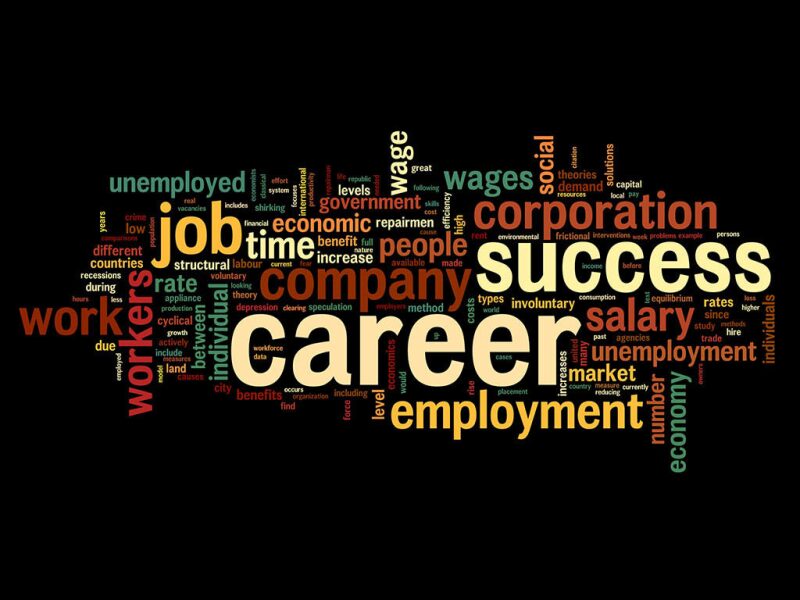
This month I want to discuss what has recently become a very popular topic among both industry and academia—developing our talent. To weather the big crew change successfully, much of the solution surely involves how we instruct petroleum engineering students, how we train young professionals once they join the industry, and how we continually educate experienced engineers to ensure a sufficiently competent workforce. As the recent SBC O&G HR Benchmark Study (Schlumberger 2012) and the 2013 SPE Forum on Engineering Education (Chase 2013) both concluded, the issue isn’t just about the numbers (people shortage), it is about the skills (talent gap).
Digital Education
The way in which we educate at the university level is under revolutionary change in all disciplines, including the science, technology, engineering, and math subjects that feed our industry. Considering that the brick-and-mortar, lecturer-student model has been substantially the same since ancient Greece, it’s probably time for change. The incorporation of technology into this long-established method of teaching over the last few decades has begun to transform education, giving us online courses; “flip teaching,” where students watch video lectures at home and then work problems in class with more personalized guidance from teachers and blended learning, which combines face-to-face classroom methods with computer-based studies. But the real disruptive innovation, the model that will really save students time and money and grant access to countless pupils in the most remote corners of the planet, is the creation and proliferation of massively online open courses (MOOCs) and teaching online qualified engaged students (TOQUES). They have the potential to transform undergraduate education.
TOQUES, in particular, will likely mark a tipping point: an inexpensive, online curriculum leading to a degree from an accredited institution. Instead of the massive, non-credentialed nature of the MOOCs trend, this new breed of degree programs emphasizes what universities do exceptionally well—teach degree-seeking students through engaging and thoughtful faculty-student interactions but in a truly diverse and global classroom. Unlike MOOCs, where anyone can participate, students must meet all qualifications for admission to the school. TOQUES are evolving and are becoming popular as they knit together education, entertainment, and social networking. Imagine how valuable this could be to our talent-deficient industry, allowing high-quality education to be location-independent and thus helping to solve many countries’ local content issues.
Industry Training
The transformation in teaching undergraduates has extended to industry training as well. Online courses are popular among young- and young-at-heart-professionals who must squeeze continuing education into already hectic schedules. Whether to obtain a graduate degree, a specific certification, or to simply keep up with advancing technologies, online is the way to go and MOOCs are becoming the preferred method.
Companies can be active participants in this transformation. For example, my company partners with several universities to offer a competitive set of capabilities that we leverage. These are publically available courses in science, engineering, and technology that complement and augment our internal proprietary offerings. The value lies in the ability to integrate public courses into company-specific training, with the additional benefit of helping the universities develop/upgrade their curricula to serve our hiring needs. This has become an inherent component of our employee development and continuing education and furthermore facilitates certification of employees in our increasingly regulated industry.
SPE Capability Development Strategy
The subject of capability development received by far the most attention as the SPE Board discussed and finalized our strategic directions in 2013. The strategic elements of accelerating competency development, improving lifecycle learning opportunities, solving faculty development and retention issues, and increasing access to training are now being developed through the board committees and specific workgroups. The following two tactics in particular have made significant progress.
Firstly, several actions relating to lifecycle learning strategies are ongoing, such as the mapping of existing SPE products and services and the subsequent gap assessment to ensure coverage of all career stages. This will allow us to deliver more valuable competency-development products to members, customized to the level of member experience and understanding. These specific products and services will address both technical and soft skills.
Secondly, the number of training courses in Fiscal Year 2013 increased by 31% over Fiscal Year 2012 to 151, reaching 2,837 members. We plan to further increase the number, quality, scope, and the methods of delivery with an increased use of popular webinars combined with the digital methods mentioned above. To guide the members in their choice of training options, SPE will soon begin delivering a free service of competency assessment using industry-standard tools.
The next big, valuable service SPE will provide its members will be found at the intersection of all these efforts: to allow each member to personalize his or her lifecycle competency development through competency assessment tools and technical and non-technical training, combined with existing e-mentoring, and improved access to technical publications.
From an industry standpoint, this strategy and these programs, combined with traditional mentoring, knowledge sharing, and applicable software, can minimize the time to competency and the time to autonomous decision-making, thus reducing the gap in the bimodal distribution of our industry demographics.
Each month, I post my JPT column topic on the SPE LinkedIn group for comment and conversation. I invite you all to join in this discussion and look forward to hearing your viewpoints.
References
Chase, R. and Reece, C. 2013 SPE Forum Series: 2020 Foresight—Ensuring Educational Excellence for Upstream Engineering Resources. Society of Petroleum Engineers.
Schlumberger. 2012. SBC O&G HR Benchmark Study.


